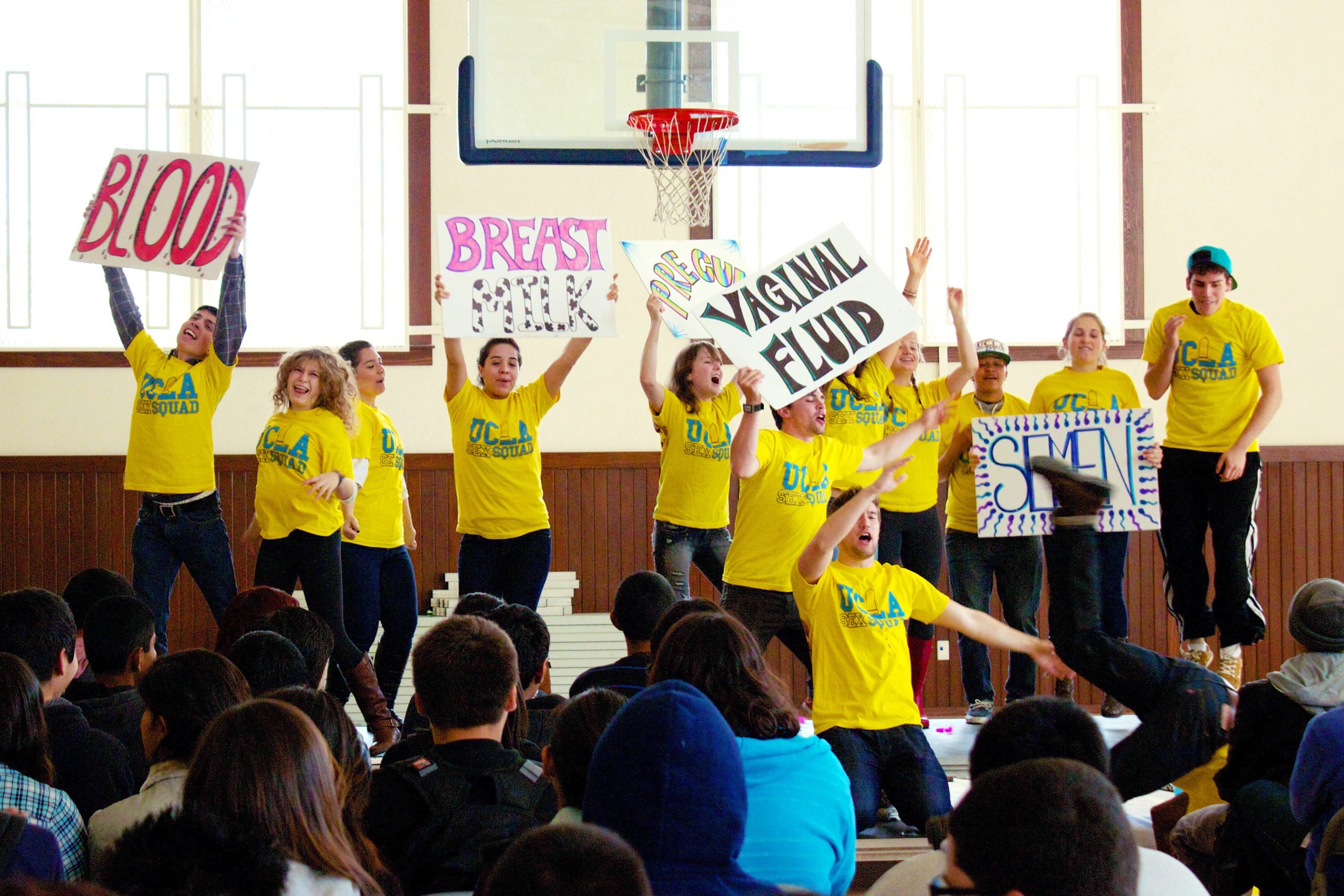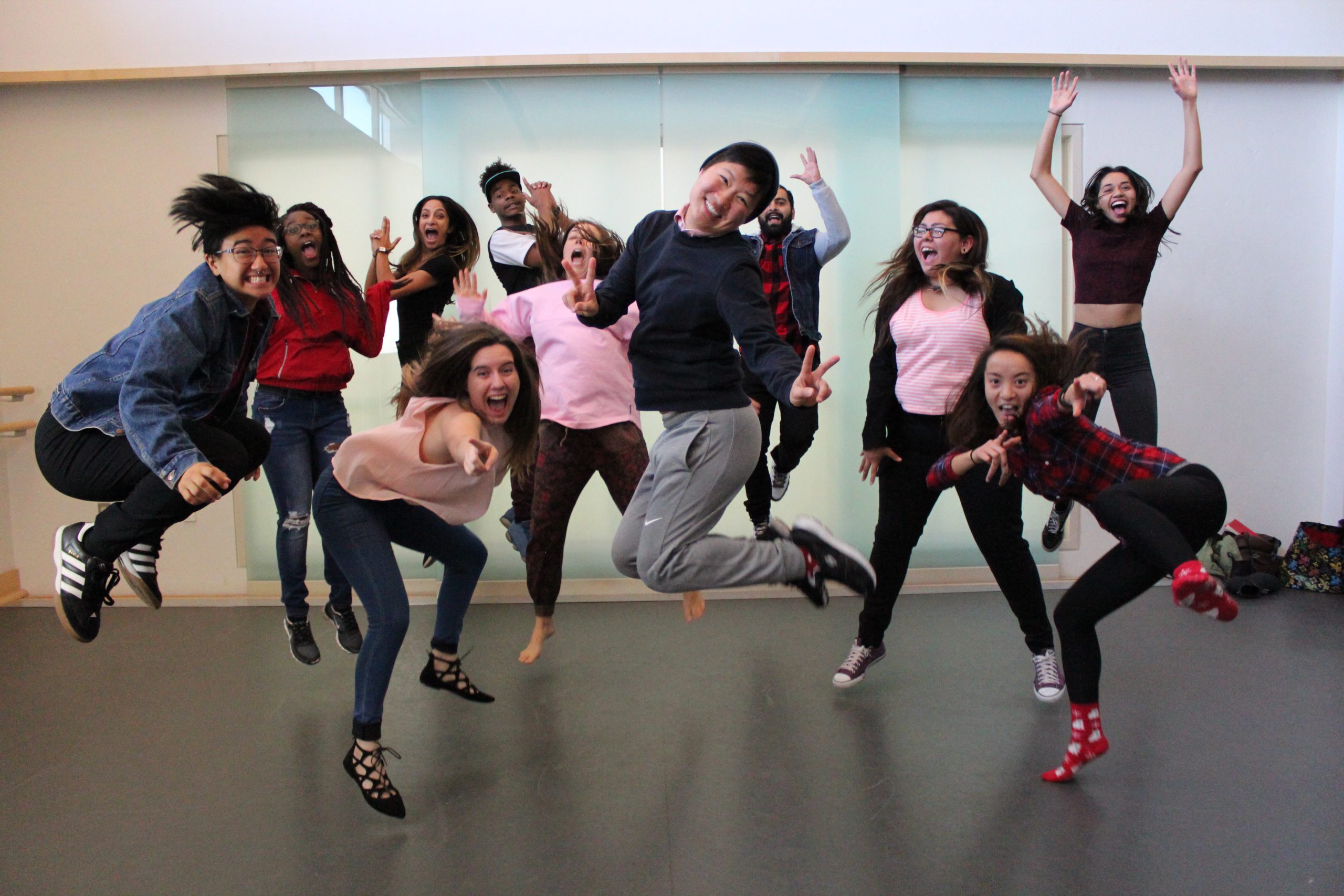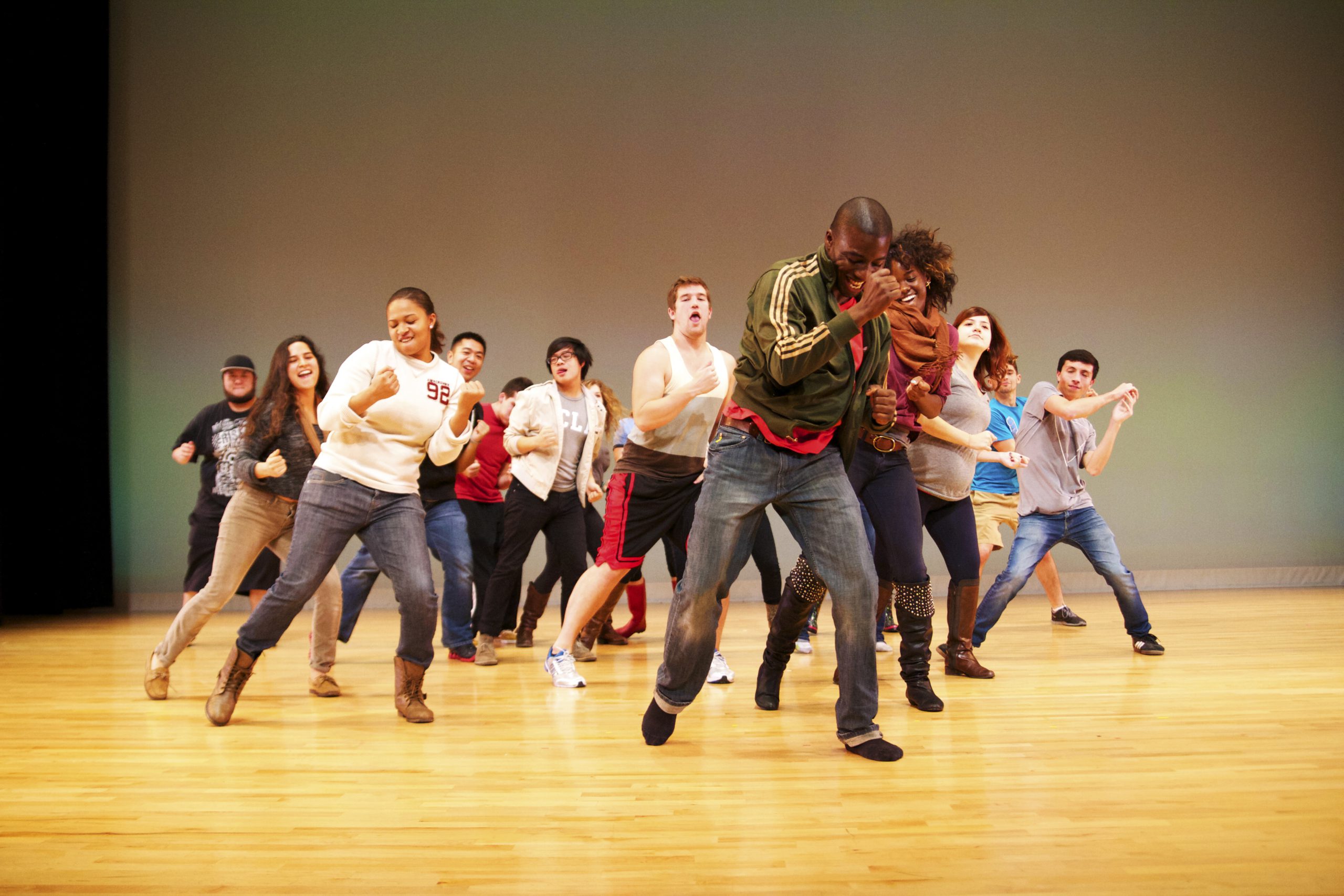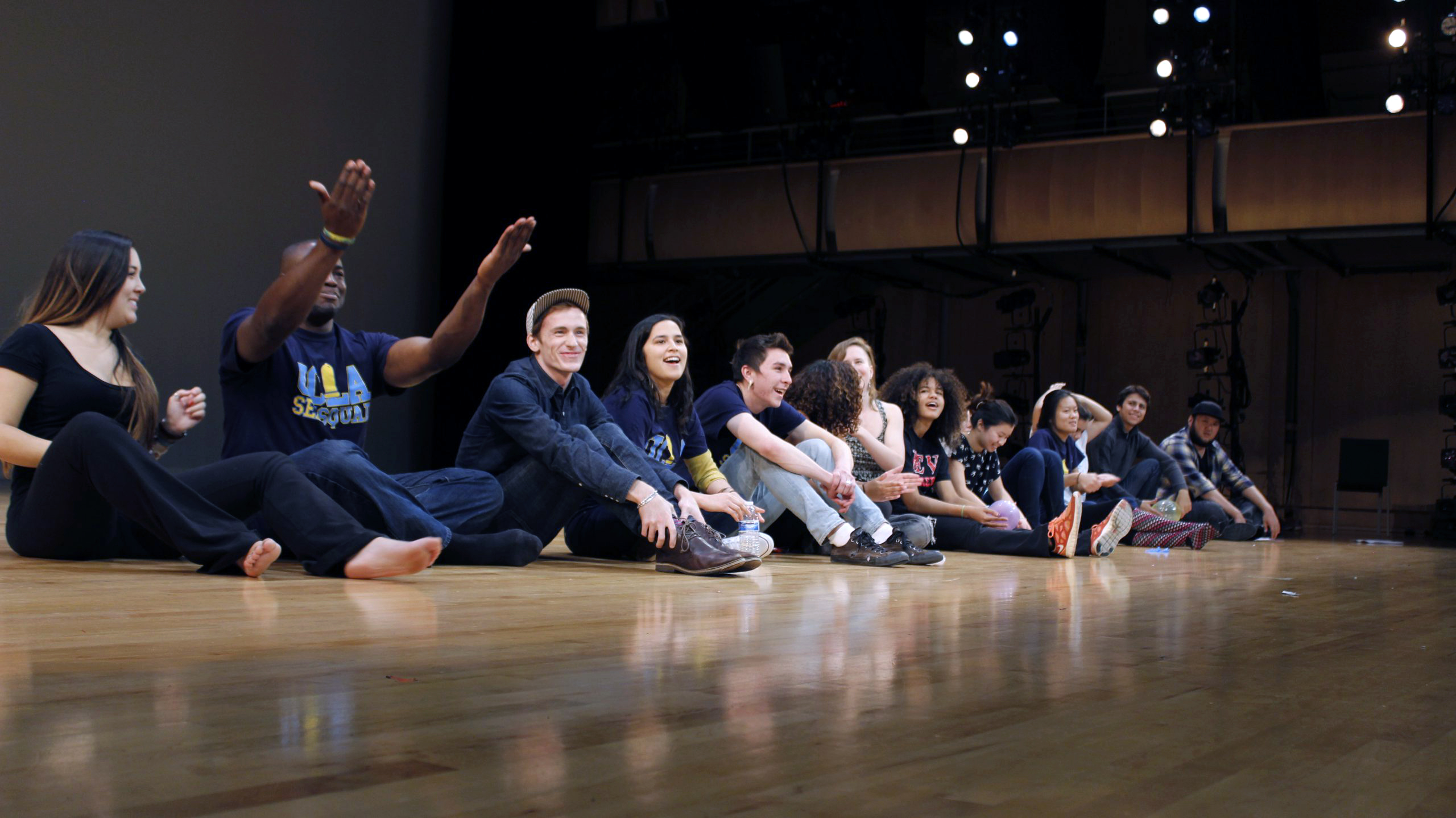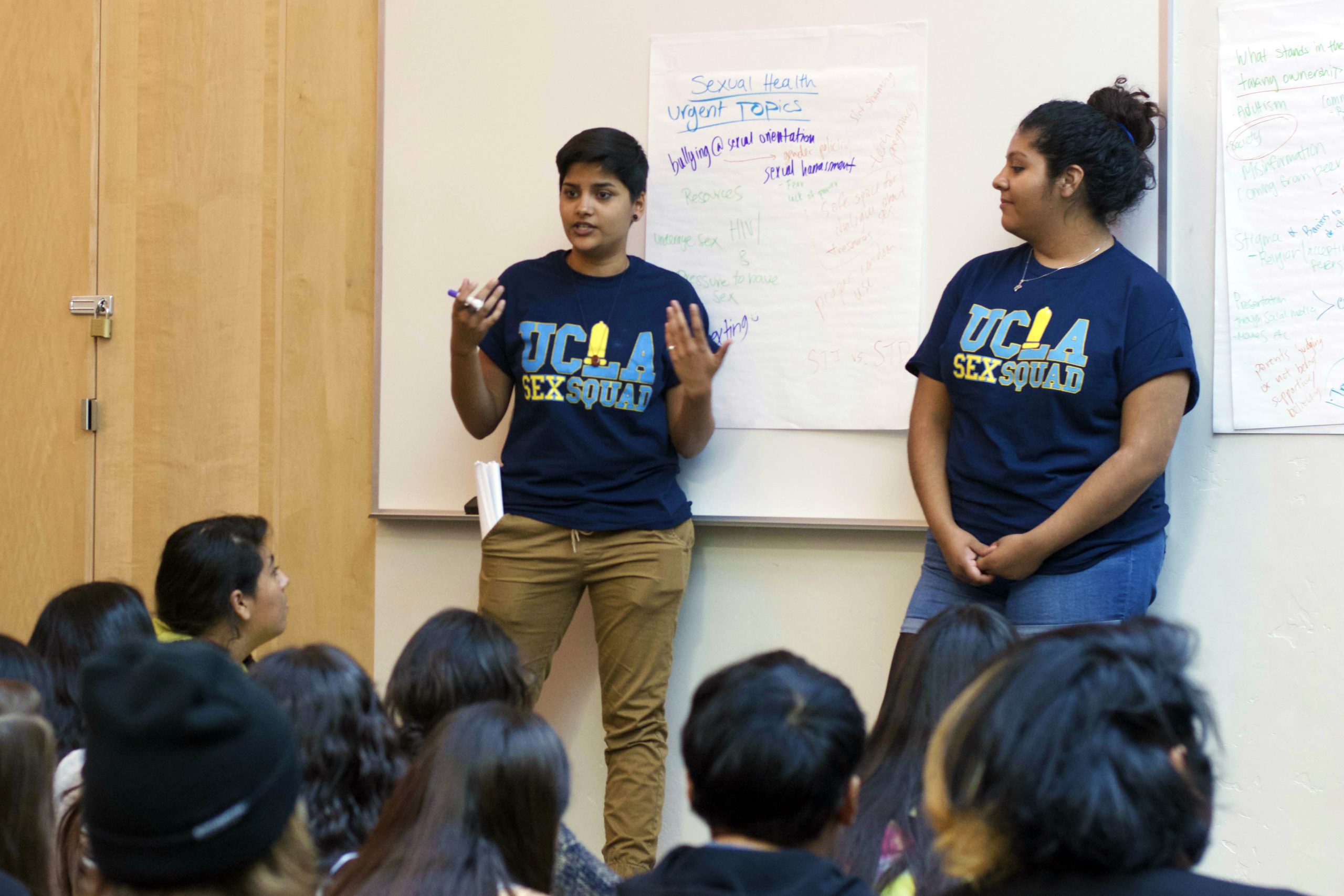AMP! & Sex Squad
Performances, films, and workshops created using humor, theater, and storytelling.
AMP!
AMP! (Arts-based, Multi-component, Peer-education) is an Art & Global Health Center program addressing sexual health topics. It features performances and videos by Sex Squad.
Sex Squad
Sex Squad is a diverse collective of students who use humor, theater, film, and storytelling to educate about sexual health, healthy relationships, and self-efficacy.
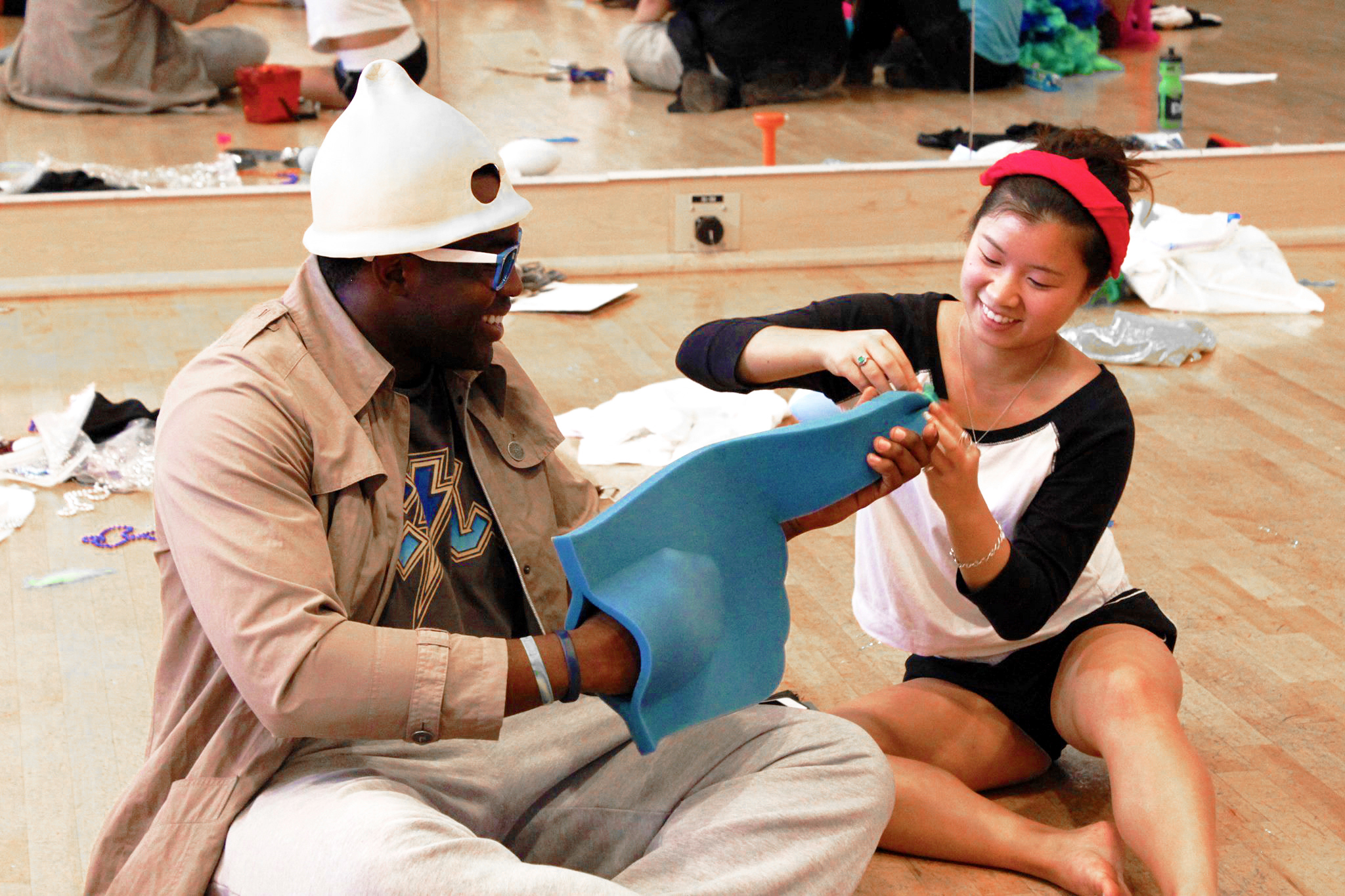
About the Process
Every year at UCLA, a new group of students creates engaging and interactive skits, poems, songs, dances, and other performative art forms to perform for Los Angeles Unified School District (LAUSD) schools. Since 2009, the UCLA Sex Squad has reached thousands of high school students through live, in-person performances and short films. Over the years, Sex Squads have been established in high schools and universities around the country.
The UCLA Sex Squad functions as a part of a sexual health education program called AMP! (Arts-based, Multi-component, Peer-education) produced by the UCLA Art & Global Health Center in collaboration with LAUSD.
Areas of Focus
- Getting Tested
- Safe(r) Sex
- Body Autonomy
- LGBTQ+ Identity
- Communication
- Consent
- Sexual Assault
- Hypermasculinity
- Self-Empowerment
- Pleasure & Enjoying Sex
- Sexual Health Stigma
- Mental Health
Video Library
Our library includes Sex Squad videos with arts-based lesson plans.
Start Your Own Sex Squad
Students, educators, and community partners can adapt the Sex Squad model.
Research & Evaluation
On average, AMP! participants were more likely to retain information related to HIV transmission, prevention methods, testing, and also showed improved attitudes towards those living with HIV.
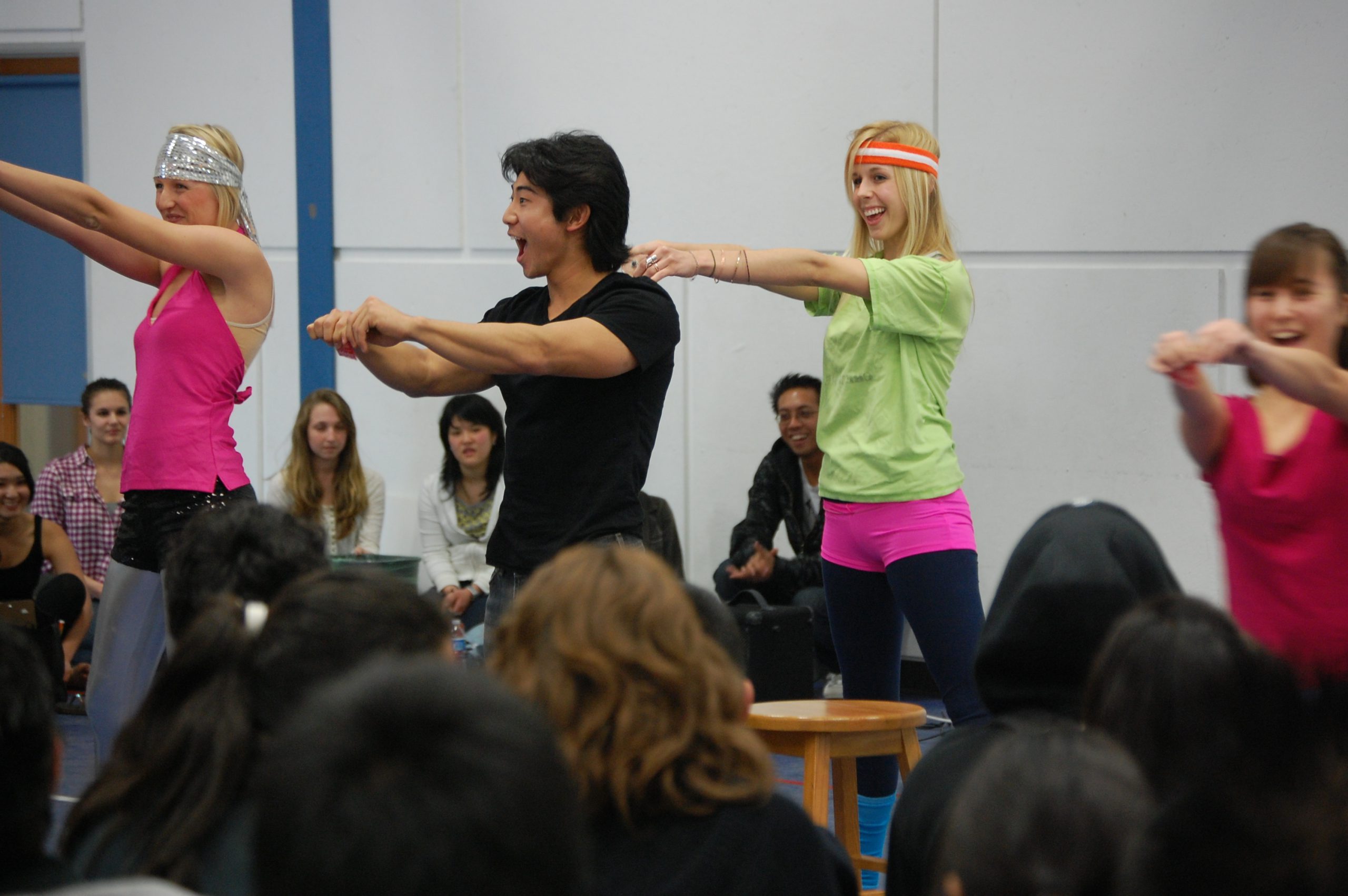
Sex Squad’s Story
The first version of the Sex Squad formed in 2009 when South African arts-activist Pieter-Dirk Uys brought his bold idea of using humor to fight HIV into a two-week workshop with students at UCLA. The students formed a group called the AIDS Performance Team, and were so inspired by Uys that they continued working on the material after he left, even taking it on tour to Los Angeles high schools.
The following year they kept building. They realized that, in order to have a comprehensive discussion about HIV, they needed to tackle a whole range of issues that affects sexual health: sexism, homophobia, access to care, protection, getting tested, and more. They decided to widen their scope, to address the whole of human sexual health, and the UCLA Sex Squad was born.
Inspired by the UCLA Sex Squad, Sex Squads have blossomed throughout Los Angeles Unified high schools and in colleges and universities in the United States South. High School Sex Squads work throughout the year with Art & Global Health Center staff and UCLA student mentors to create performance pieces, advocacy projects, and dialogue spaces for their peers to engage with new methods of sexual health pedagogy. With this movement’s roots in Los Angeles, Sex Squads have now branched into colleges and universities in the United States South, including Duke University, North Carolina Central University, UNC Durham, and UNC Asheville. Similar to their UCLA peers, students in these Squads use urgent sexual health topics in their communities as the basis for creating work, culminating in the creation of educational, entertaining performances and videos to be shared with local high schools in their areas.
The movement continues to grow and expand as more students, educators, and community partners become activated by the Sex Squad model. To learn more about our approach, check out our Start Your Own Sex Squad manual.
Directors Over the Years
- Wilna Julmiste Taylor (2024-25)
- Amanda Giuliano (2024-25)
- Isaiah Baiseri (2023-25)
- Andrew Cawley (2025)
- David Gere (2023-24)
- Sofie Sheldon (2023-24)
- Sriha Srinivasan (2024)
- Francisco Aviles Pino (2023)
- Brendan Drake (2022-23)
- Jocelyn Adame (2019-22)
- Jackie Lopez (2019-20)
- Veline Mojarro (2017-19)
- Elisabeth Nails (2016-17)
- Lakhiyia Hicks (2013-15)
- Bobby Gordon (2009-19)
Sex Squad Principles
Our work is guided by these values emphasizing the transformative power of art, humor, openness, collaboration, and inclusivity.
We believe in a sex positive, non-judgmental approach, giving young people the information and tools to make their own choices about their sexual health.
We believe in abstinence as AN option, but not the ONLY option.
We promote healthy, direct communication, especially with sexual partners.
We define consent as verbal, enthusiastic affirmation before and throughout sexual activity.
We believe in inclusivity, pushing back against heteronormative and patriarchal approaches that affect the LGBTQ+ and woman-identified communities, as well as other marginalized populations.
We believe in the unique power of the arts, humor, and fun to communicate information in an engaging way and to open a dialogue about topics that are considered to be taboo or “scary.” Because of this, we believe the arts are a particularly effective medium to talk about sexual health, STIs, and HIV/AIDS.
We believe in the power of narrative and personal storytelling, and that by exposing ourselves and sharing intimate stories, we can create a rare safe space where others feel encouraged to open up about their own urgent issues.
We thrive artistically and communally on authentic relationships amongst our members, and we do not avoid tackling messy, complicated topics together.
We believe in the power of interactive learning, seeking to actively engage young people physically and vocally rather than treating them as a passive audience.
We believe there is no such thing as an inappropriate question, and we value the knowledge gained from leaning into our own discomfort.
We choose to acknowledge moments when we do not know the answer to a question. When we do not have the tools to adequately support young people, we collaborate with social and health advocates to foster an environment of interdisciplinary sharing.
We strive for a reciprocal relationship with the communities we work with, seeking to learn as much as we impart, in order to form stronger bonds of solidarity.
We push conventional boundaries while meeting people where they’re at.
We understand that tackling oppression is a continuous, nonlinear process, and we value the progress we make one conversation at a time.
Featured Videos
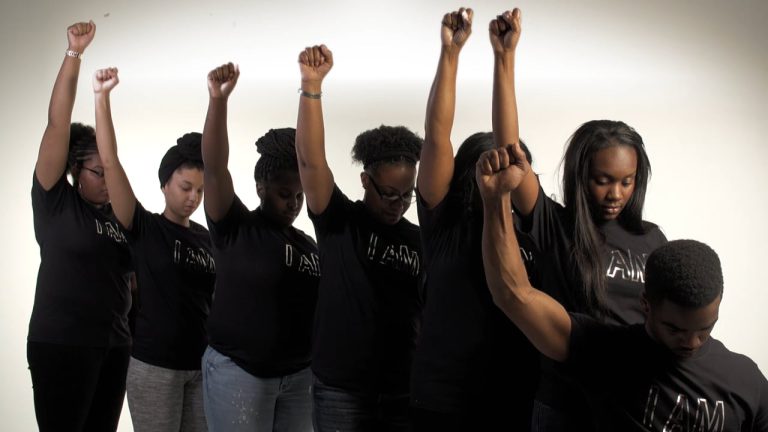
“I Am” Poem
Students from North Carolina Central University share a powerful declaration of self through a poem.
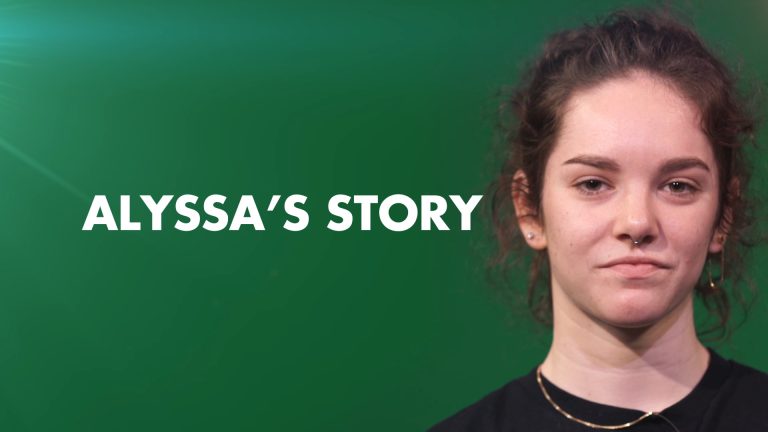
Alyssa’s Story
Alyssa discusses “losing her virginity” and the problems and pressures associated with viewing virginity loss as…
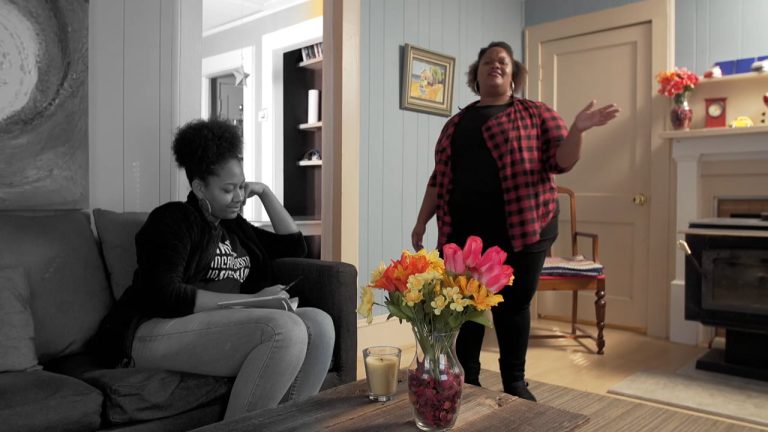
Anger Translator
In a breakup letter, Sasha’s anger translator, Sasha Fierce, portrays how she really feels concerning how…
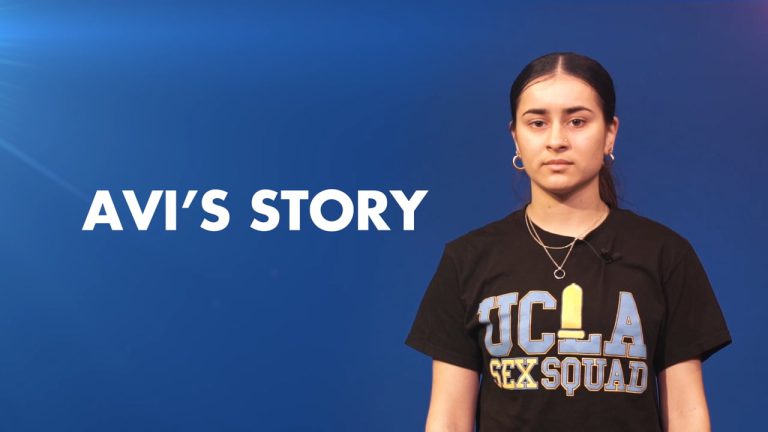
Avi’s Story
Avi discusses her identity and the challenges with fitting neatly into an identity box. She emphasizes…
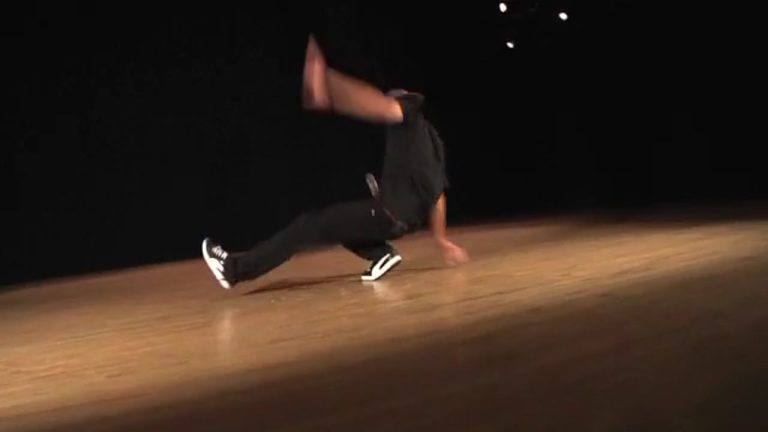
B-Boy
Harry talks about his first time getting tested for HIV in this hip-hop dance piece.
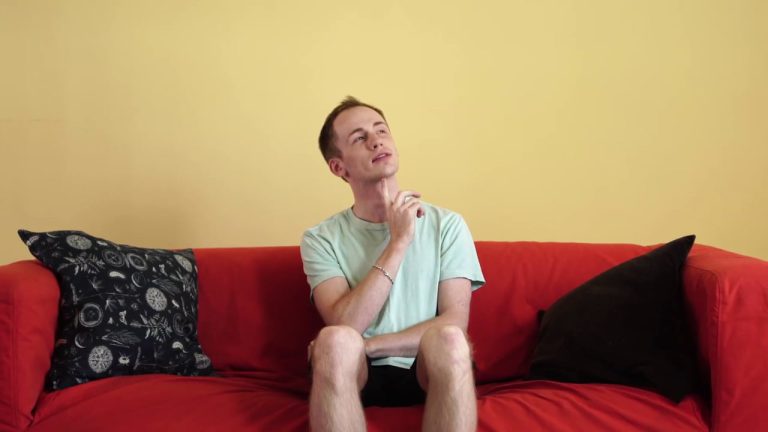
Chip
Matt opens up about pressures and oppression he has experienced by not fitting into society’s strict…
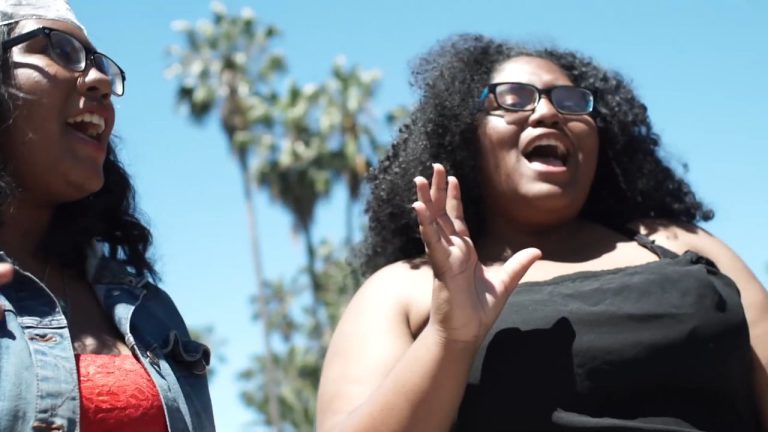
Flochella
At the “Flochella” music festival, we learn the six fluids of HIV transmission.
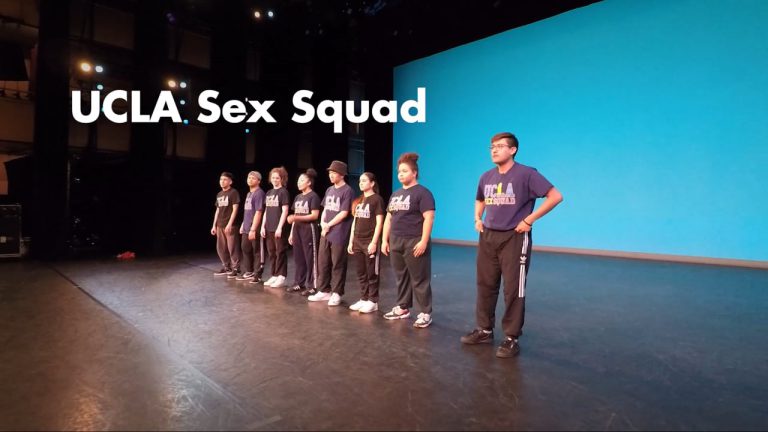
Fluids and Condom Demo
Sex Squad teaches the 6 fluids that transmit HIV (when no barrier method is present) and…
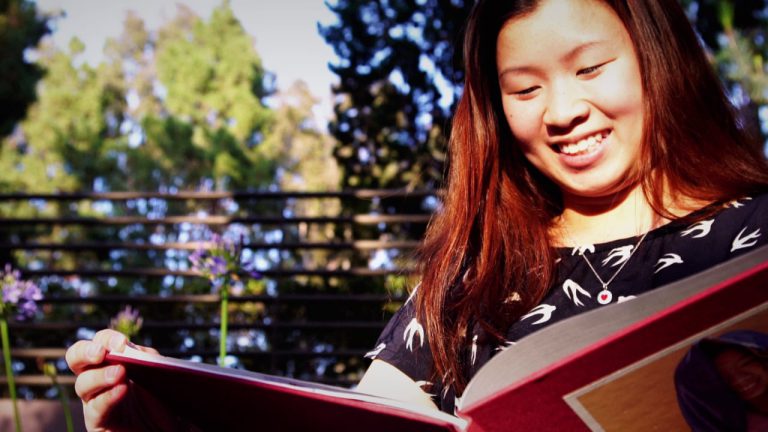
I Am Unique
Claire bravely shares her experience as a Chinese adoptee of gay parents and the kinds of…
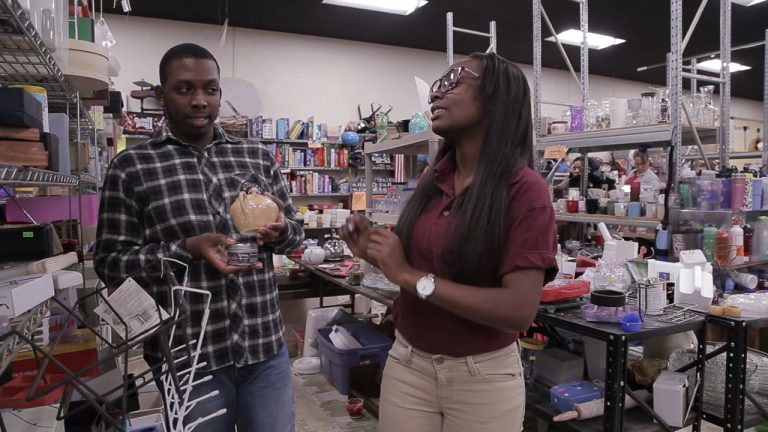
Intimacy Exchange
David is interested in building intimacy in his romantic relationship and gets assistance from a variety…
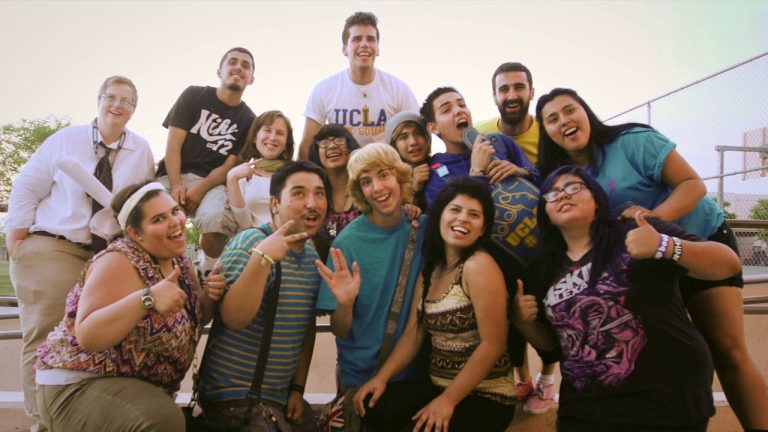
Introducing the San Fernando High School Sex Squad
San Fernando High School debuts their brand new Sex Squad and explains their reasoning behind taking…
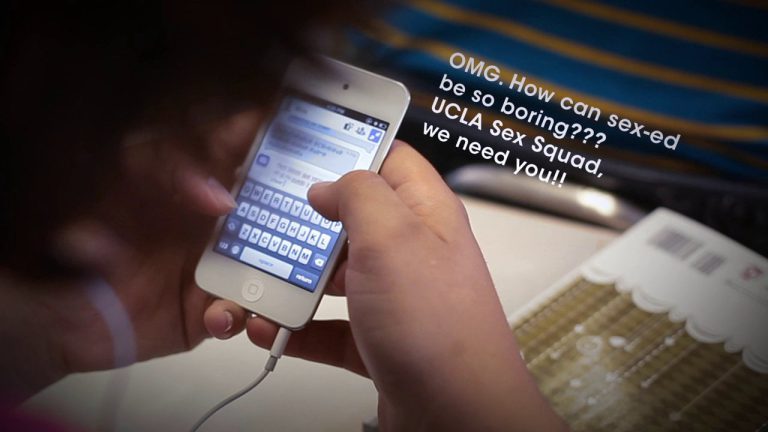
Introducing the UCLA Sex Squad
When faced with another boring, abstinence-only sex education class the students decide to take matters into…
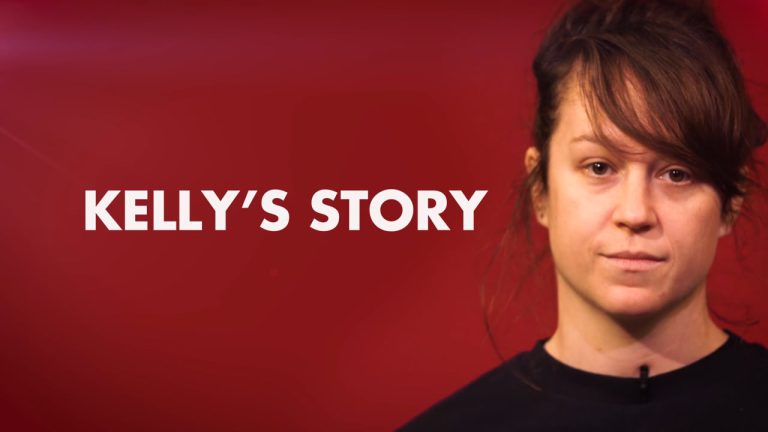
Kelly’s Story
Kelly shares how she discovered her HIV-positive status. She communicates about how HIV is a livable,…
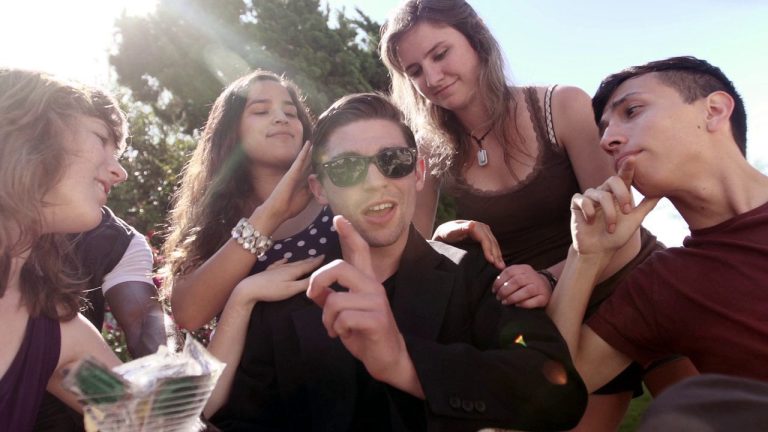
Most Protected Man
Riffing on the famous “Most Interesting Man in the World” ad campaign, the Sex Squad explores…
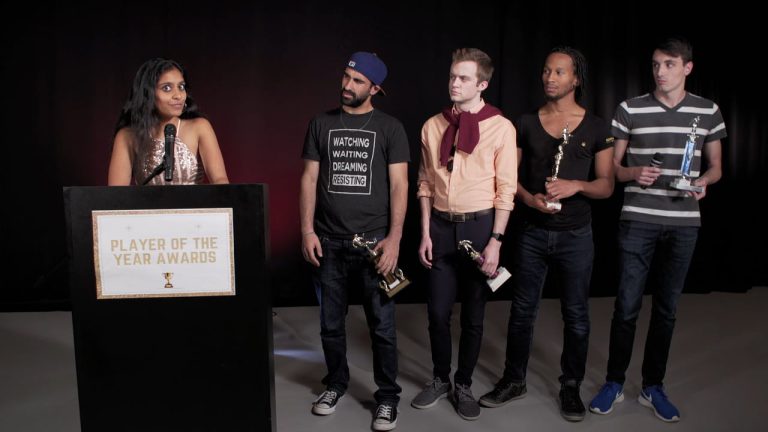
Player of the Year
Awards are given to men who have done the bare minimum as men in this spoof…
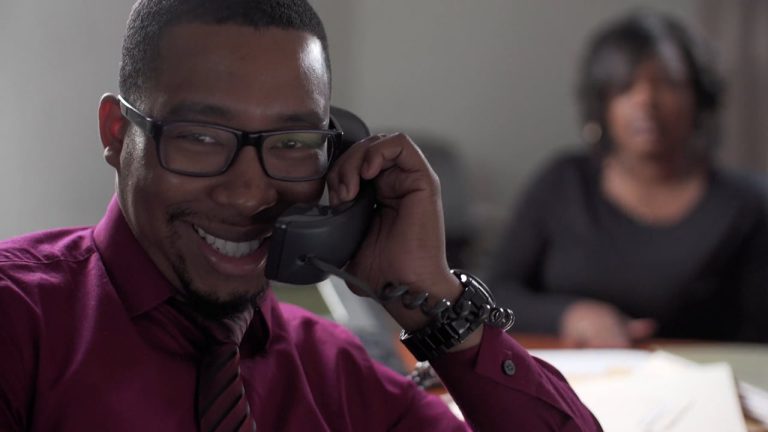
Selling Unprotected Sex
In this parody, a “sex-salesman” tries to convince a woman why she should “buy” unprotected sex.
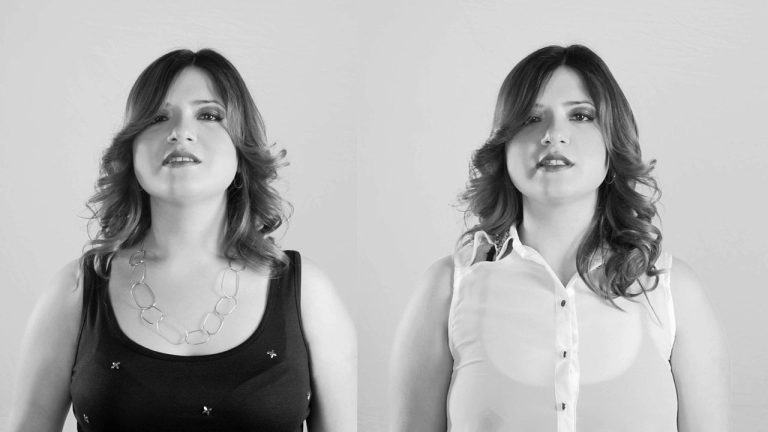
The Double Standard
Jessica shares a spoken word piece about her experience as a pregnant Latina student and how…
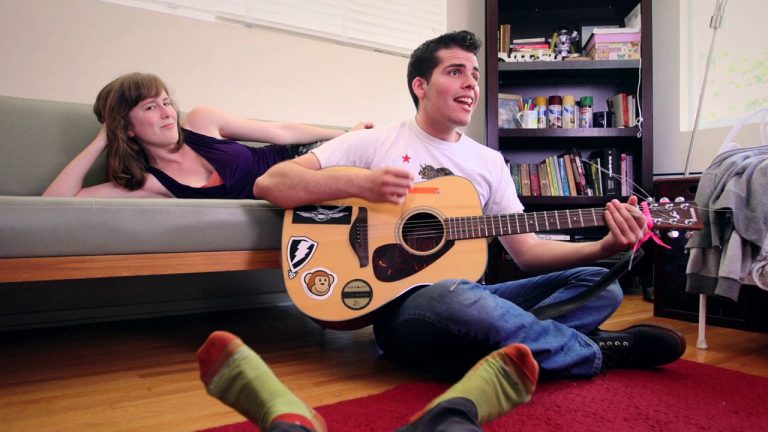
The Research Project
Dylan and Karni explore the benefits of self-love and how it can lead them to happier…
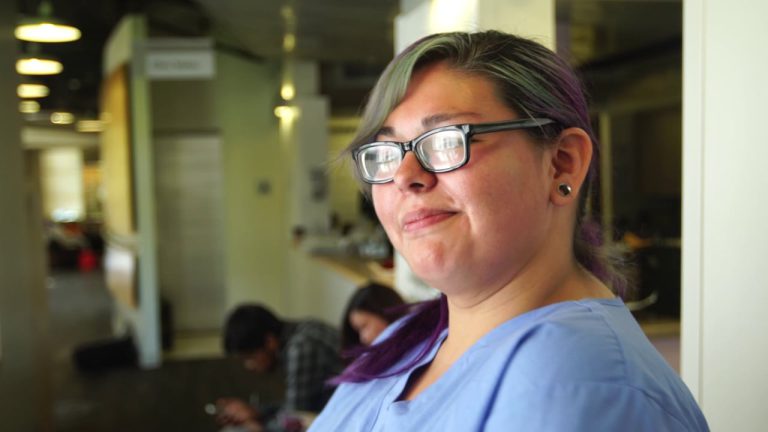
Visiting the Clinic
As anxious young people are waiting to be tested for HIV and STIs at the clinic,…
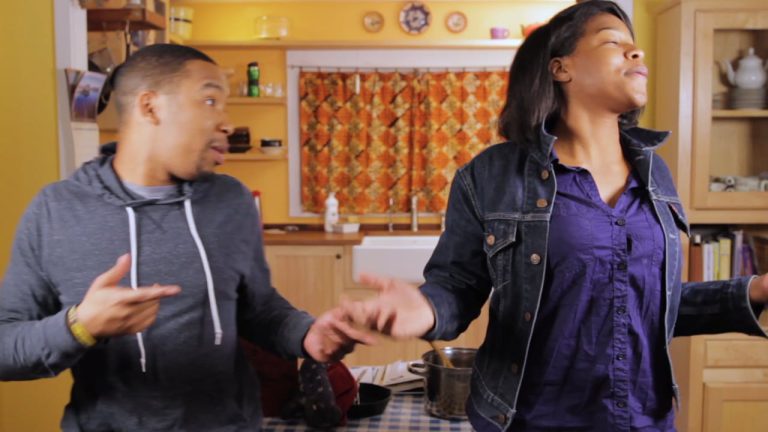
A Sexy Recipe for Consent
The host and guest of a cooking show talk about the ingredients needed to ensure that…
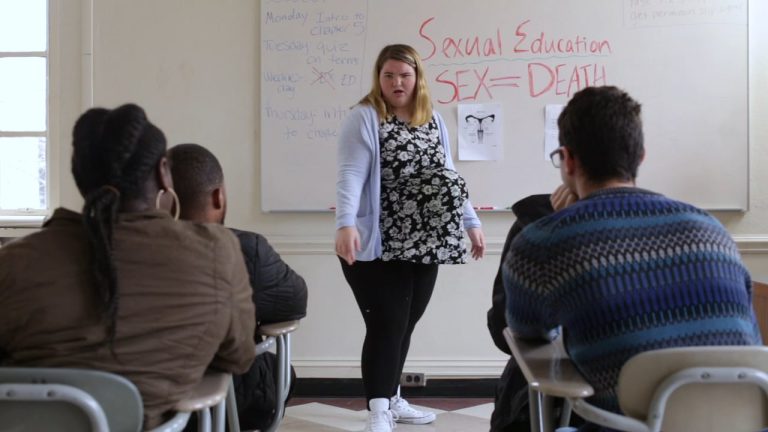
Abstinence-Only Sex Ed?
Students are bored by an abstinence-only sex ed lesson before another teacher takes over and teaches…
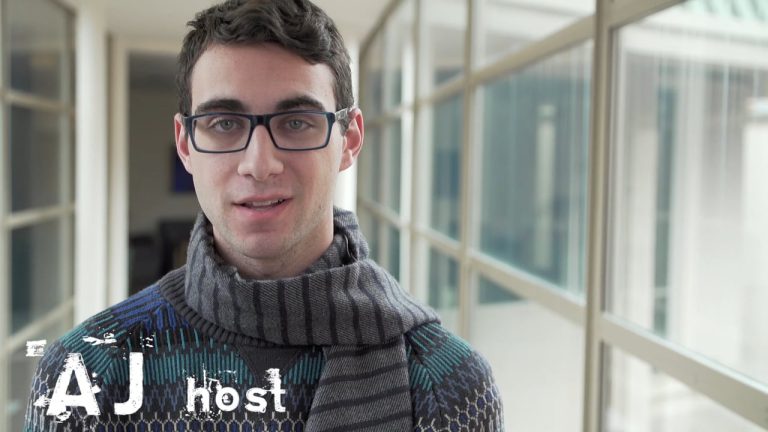
Bathroom Hunters
Charlie looks for a gender-neutral bathroom at school in this satire of the TV show, “House…
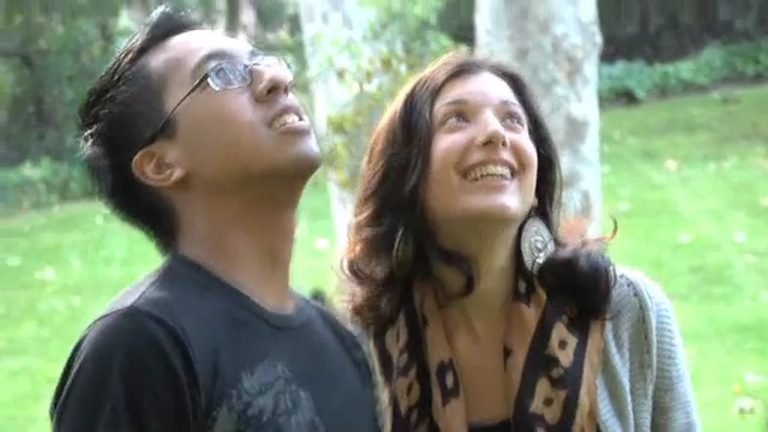
Beat Box
Carlo struggles to tell his partner that he’s not ready to have sex.
Get Involved
We offer opportunities for students and educators.

